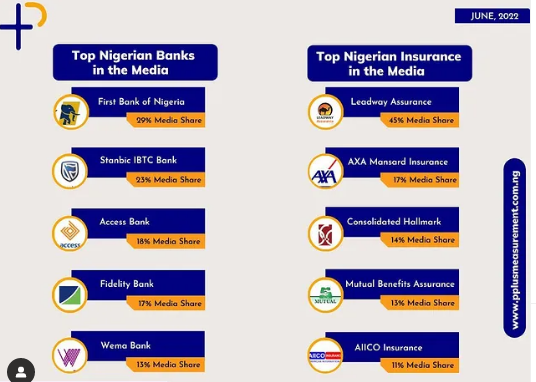By Abimbola Mohammed
Professionals in the Nigerian advertising and marketing sector have underscored the importance of regulation in the industry. They, however, stressed that regulation should promote competition, sustainability and partnership rather stifle practitioners. They also called for a sustainable regulation that promotes competition and strategic alliances.
The above assertion formed the fulcrum of discussion during the panel session at the recent Advertising Stakeholders Dialogue organized by the Advertisers Association of Nigeria (ADVAN) with the theme: “Public/Private Collaboration in the Marketing Industry: The Path to Economic Viability”. The event was held at Sheba Center, Maryland, Ikeja, Lagos.
The discussants noted that members of the apex regulatory body need to understand the space they’re regulating and also be dynamic and not rigid about their regulations.
Answering questions on regulatory limit and how regulators should explore their powers so as not to stifle the industry, Femi Adelusi, President, Media Independent Practitioners’ Association of Nigeria (MIPAN), noted that the role of regulation is to engage, empower the industry and businesses. He, however, noted that regulation shouldn’t stifle the creativity, commercial business and growth of the advertising industry.
His words: “The regulator’s role is to regulate not stifle. However, the regulator has multiple responsibilities and key to the role of regulation is consumer protection. So advertising needs to tick the boxes in terms of what advertising should be, like advertisers being decent, truthful etc. But we must understand the place of the consumer even in that process.
“We are a regulated country whether we like it or not, and we need to understand the laws and regulations. What we should do is to be part of the regulation and development of the process to the extent that it doesn’t limit its creativity, speed, innovation, and the opportunities that are there.”
He added: “We need to ensure that we do not get to the point where we are over regulated as practitioners. We need to sit with the regulators at meetings, at the point of policy formulation, development and tell them why some of the regulations cannot work for different channels. We need to be leading and driving the engagement and policy, not reacting to it.”
Responding to the question of limitations of stakeholders and their contribution in relation to creativity, global competitiveness and industry sustainability while complying with regulations, Adelusi said: “Looking at the marketing ecosystem which is complex, a zero sum game profits no one. Looking at regulation from one perceptive and not the other leads to chaos and you will not have an end in sight. But an industry where stakeholders are engaged before regulations will thrive.”
On his part, Fikayo Babatunde, CEO SME Mall, noted that the role of regulation is to empower and provide a level playing field across the board. Looking at businesses, digital marketing makes it possible for a small business with less than N5 million turnover annually to market and extend its visibility to the public. Now telling such company to wait 7 days to get vetted when they have a product they want to quickly push out will hamper progress. What happens to the stock and the financing they need to take?”
Prof Bolajoko Dickson, Department of Business Administration, University of Lagos, who moderated the panel discussion said: “Regulation will definitely be needed, but at the same time it should be such that stakeholders are involved in the process of formulating these regulations so when they are doing their business, they are able to comply with the regulations, and at the same time do business the way it should be done.”
“It is important for us to have periodic reviews of these regulations, especially to see the impact of past regulations on the current situation because the realities have changed. So, it is important to have periodic review so that in the process of regulation, the regulators don’t stifle and cripple businesses, causing more economic disaster,” he added.
Also, Bukky Bandele, CEO, Best Reliance Communication Services said: “The regulators cannot formulate policies for people they don’t understand. There is need to understand their business, where they are coming from and where they are going. The regulators need to object to all the concerned parties affected by the policies they make and justify.”
Rasheed Bolarinwa, President of the Association of Corporate Affairs Manager of Banks, noted that regulation, while good, should not be stifling. “If regulation stifles, you won’t be able to get the best, and as a regulator you exist to make things right. You must listen when there’s pushback from those you are trying to regulate.
“I will encourage both the regulator and the practitioners in the industry to do more by engaging themselves, and also willing to listen to each other. When we arrive at a middle ground, there should be a compromise here and there, because if you look at the amount of resources that go through marketing communication in Nigeria and around the world, it is huge.
“Whether it’s on nation branding, corporate businesses, even SMEs advertising, they all run marketing campaigns. So the regulator needs to do more, engage more, collaborate more, and the engagement should not be a one-way traffic. It shouldn’t be for informational purposes alone,” he said.
The panelists unanimously agreed that regulation is important, but that periodic review is more vital to enable businesses growth, collaborate and add value in a sustainable manner.







Comment
No comments found.